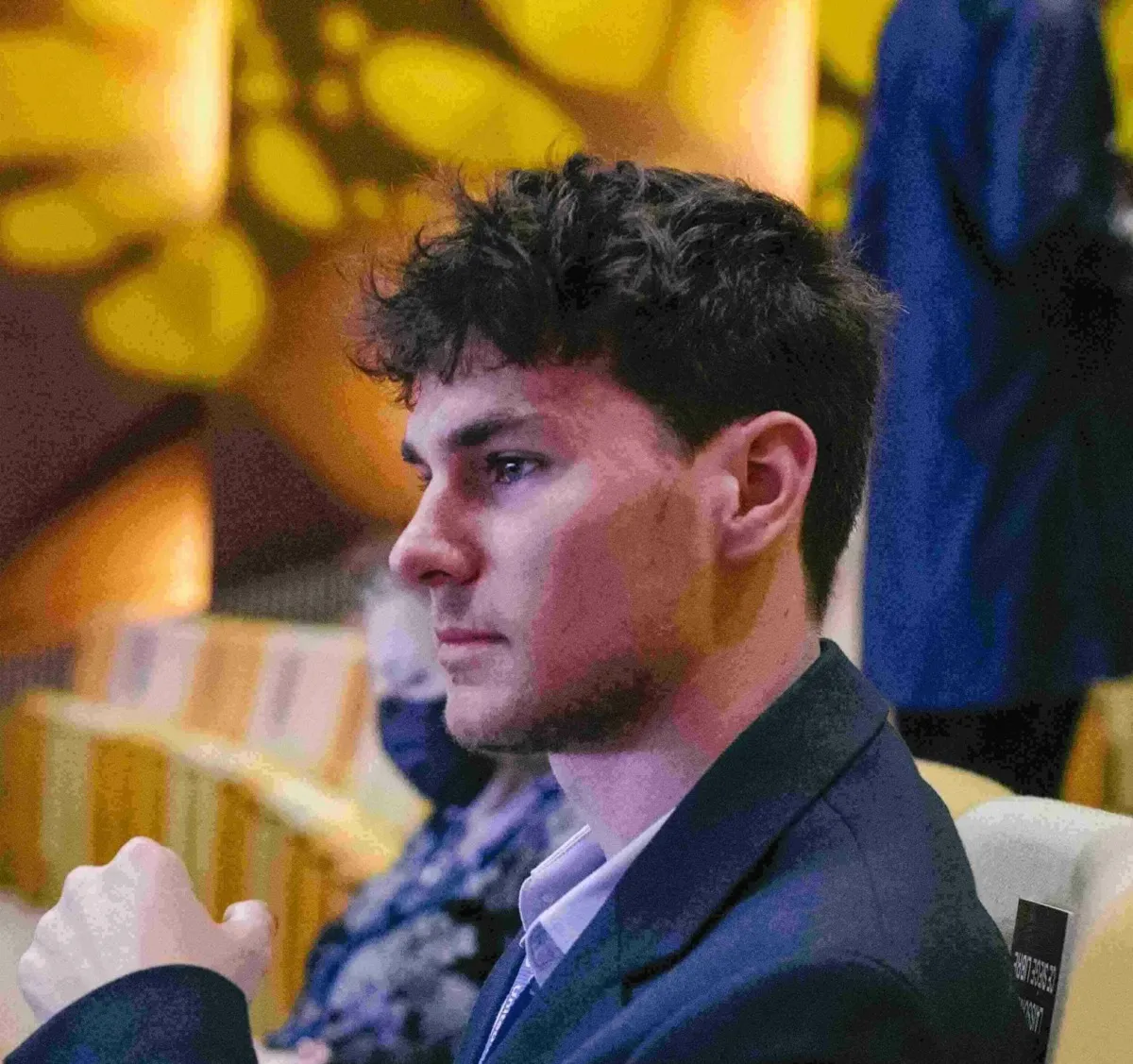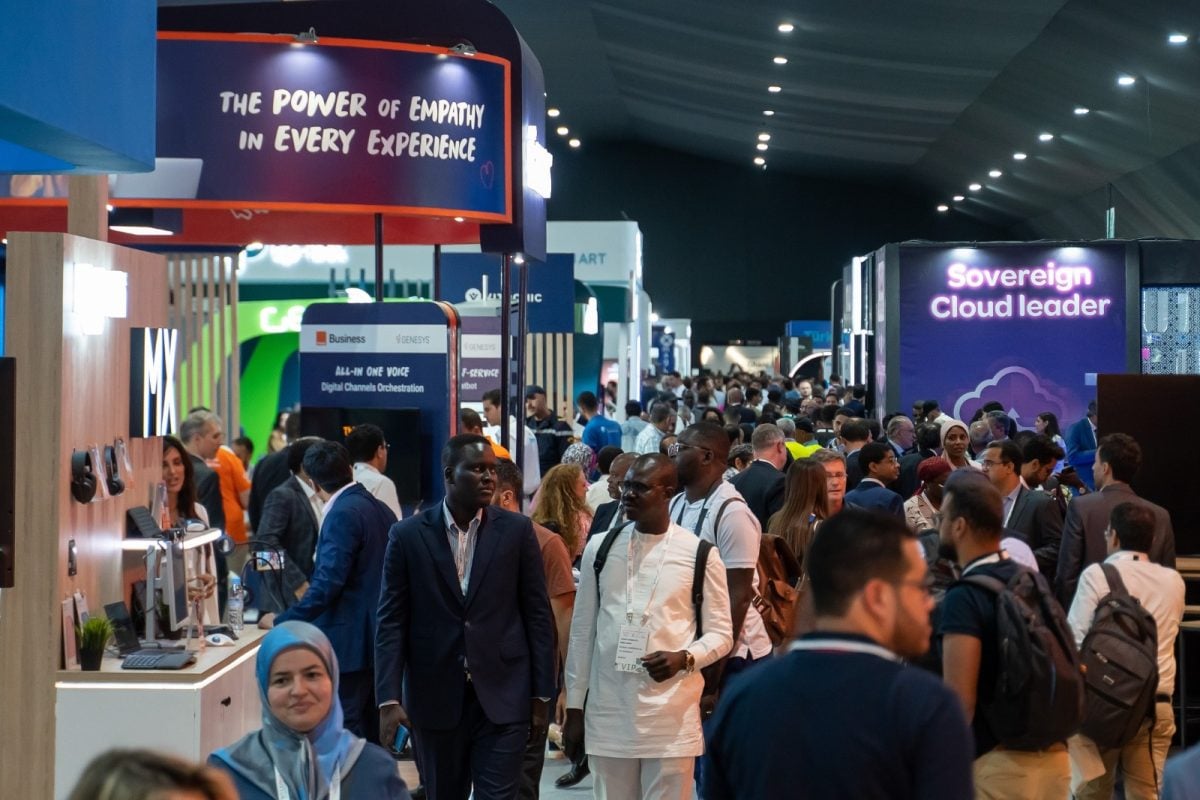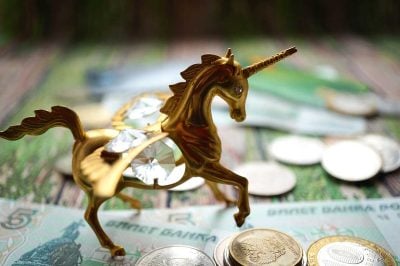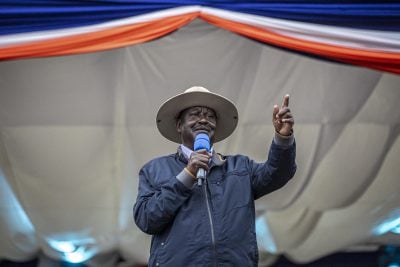Last week, GITEX Africa took centre stage in Marrakech, as the UAE’s renowned tech show ventured onto African soil for the first time.
GITEX Global, which takes place annually at the Dubai World Trade Centre (DWTC), is the world’s largest tech event and has been boosting the UAE’s influence in the sector since its debut in 1981. GITEX Africa is organised by KAOUN International, the overseas international events company of DWTC.
“This is the largest tech show in Africa,” proudly stated Trixie LohMirmand, executive VP of the DWTC, shortly after the Moroccan national anthem kicked off the inaugural ceremony.
Hundreds of African startups, as well as established tech companies such as MasterCard and Huawei, gathered to explore the potential of the African tech landscape.
The purpose-built conference centre hummed with the sound of networking as young entrepreneurs seek funding opportunities, venture capitalists look for the next African unicorn, and big tech companies eye fruitful collaborations at the sold-out event.
Why did GITEX come to Morocco?
The UAE’s choice of Morocco as to host GITEX in its first foray outside Dubai might come as a surprise to tech-savvy individuals.
In 2022, Morocco accounted for the least startup funding in North Africa, raising $18m compared to $119m, $152m, and $823m for Tunisia, Algeria, and Egypt, respectively. The country ranks 15th in Africa for tech equity funding, far behind Senegal (8th) or Ghana (5th), and at the same level as Namibia, despite the latter having less than 1/10th of Morocco’s GDP.
The country nonetheless accounts for state-of-the-art infrastructure, high internet connectivity, and a 100% electricity penetration rate, which makes it more attractive to host an international tech show than many sub-Saharan African countries.
However, the UAE’s choice of Morocco instead of its North African peers, which hold similar competitive advantages but attract way more startup funding, is also political.
In November 2021, the UAE became the first Arab state to open a consulate in the Western Sahara. The region has largely been controlled by Morocco since 1975 but its sovereignty has been contested by the Polisario Front.
The UAE’s move has helped build support for Morocco’s diplomatic ambition of gaining international recognition for its claim over the territory. In September 2022, the UAE spoke at the United Nations Human Rights Council (UNHRC) in Geneva on behalf of 35 countries that support Morocco’s full sovereignty over the region.
Omar Sultan Al Olama, the UAE’s minister of state for artificial intelligence, digital economy, and remote work applications, took the stage at the opening ceremony and warmly stated, “Morocco is a source of pride for Arab countries.”
“The UAE is here to celebrate a year of fruitful partnership between the emirate and the Kingdom of Morocco,” he added.
The two monarchies have valuable commercial ties, with UAE investment in Morocco exceeding $14bn at the end of 2021, making it the largest Arab investor in the kingdom and second only to France.
Startups to benefit
“The investment that the UAE and the government of Morocco have put together into this event is one that I think is going to pay off dividends for many years to come,” said Al Olama.
The ones expecting the most benefits from the event are Moroccan startups. One hundred of them were able to showcase their products to potential investors, outnumbering their African peers.
“Moroccan startups present today have the chance to compete and exchange with their pan-African peers,” said Mehdi El Alaoui, the head of the startup department at the Moroccan Development Agency.
“The framework of this event allows them to benefit from technology transfer, exchange, and matchmaking with these different players.”
The conference transformed Marrakech, usually a very touristic city, into the epicentre of African tech for three days, showcasing Morocco’s openness to private investment from around the world.
“The impact of this first African edition on the Moroccan tech ecosystem might not be immediate, but we are definitely expecting long-term benefits,” says El Alaoui.
As Morocco endeavours to revive its GDP growth, which slowed from 7.9% in 2021 to 1.1% in 2022, with a projected 3% in 2023, the tech sector is emerging as a vital component of the nation’s broader economic strategy.
The country implemented its New Investment Charter last year, aiming to bolster private investment and stimulate economic development throughout the kingdom. Against this backdrop, the Moroccan Digital Agency believes that GITEX in Marrakech symbolises an important moment in the country’s journey towards becoming a hub for technological innovation in Africa, supported by the third biggest economy in the MENA region.
Want to continue reading? Subscribe today.
You've read all your free articles for this month! Subscribe now to enjoy full access to our content.
Digital Monthly
£8.00 / month
Receive full unlimited access to our articles, opinions, podcasts and more.
Digital Yearly
£70.00 / year
Our best value offer - save £26 and gain access to all of our digital content for an entire year!

 Sign in with Google
Sign in with Google 



